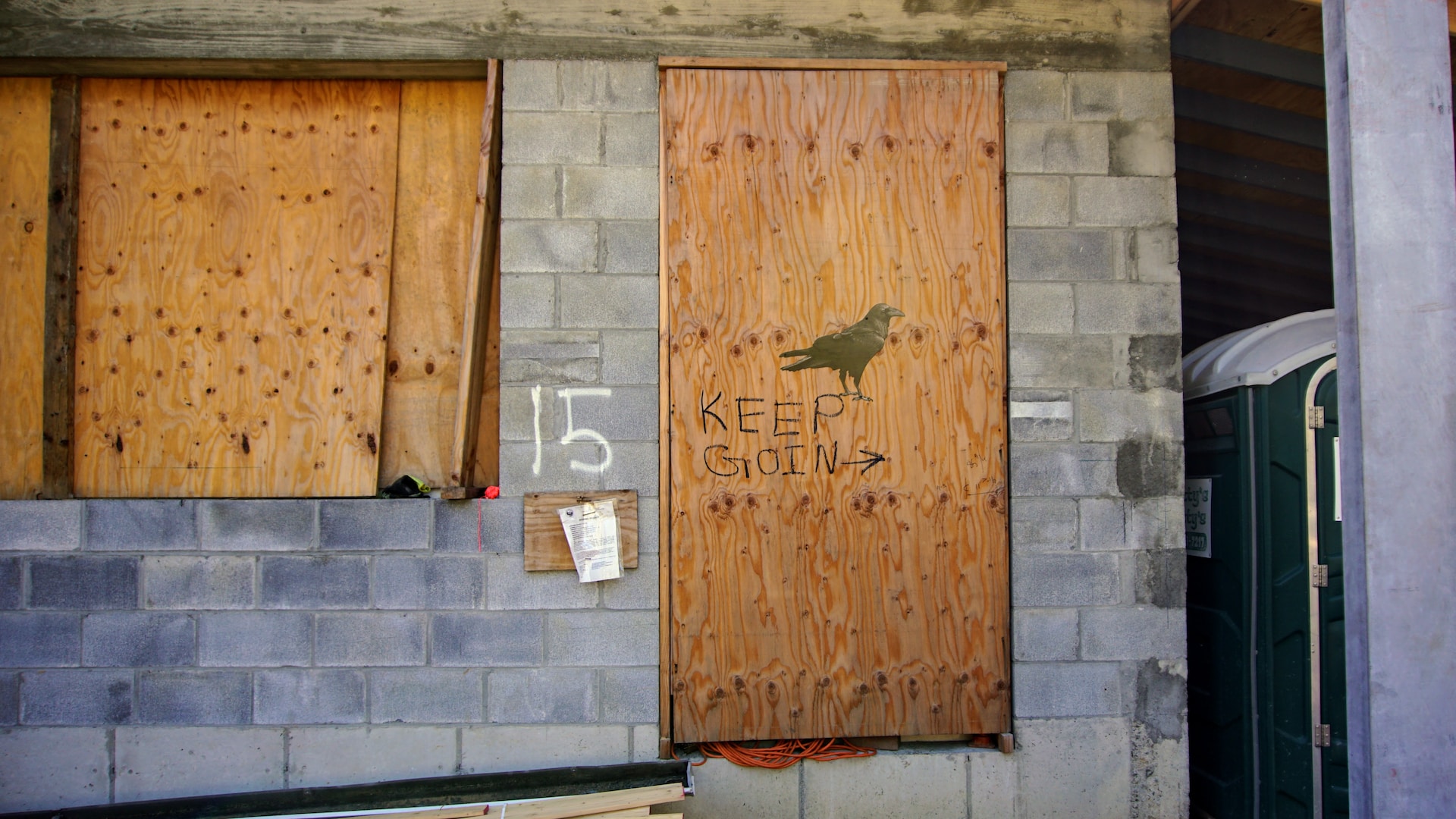Discovering that squatters have moved in next door can be a distressing and frustrating experience for any homeowner or tenant.
Squatting refers to the act of residing in an abandoned or unoccupied property without the owner’s permission.
Despite legal changes in the UK, dealing with squatters can still be a challenging process.
In this guide, I will explore what to do if squatters move in next door and provide UK residents with an overview of their rights, legal options, and steps to take when facing this situation.
Understanding Squatting in the UK
Squatting was once considered a civil matter in the UK, with property owners forced to navigate lengthy and expensive legal proceedings to remove squatters from their premises.
However, in 2012, the government introduced the Legal Aid, Sentencing, and Punishment of Offenders Act (LASPO), which criminalised squatting in residential buildings.
This change significantly bolstered the rights of homeowners, making it easier to take legal action against squatters residing in their properties.
Squatting can lead to 6 months in prison, a £5,000 fine or both, so is a serious offence.

What to Do If Squatters Move In Next Door
Step 1 # Verify Their Presence
If you suspect that squatters have moved into the property next door, it is essential to gather evidence to support your claim.
Take note of any signs of occupation, such as lights being on at night, people coming and going, or mail piling up outside the property.
Keep a note of what you see so you can pass the information on to the police.
Additionally, engage your neighbours in conversation to see if they have observed any suspicious activities.
Step 2 # Contact the Police
If you have reasonable evidence to suggest that squatters have indeed taken up residence, contact your local police station to report the situation.
Since squatting is now a criminal offence in residential properties, the police have the authority to evict squatters and potentially arrest them if they refuse to leave.
Step 3 # Engage with the Property Owner
If you’re a tenant and not the property owner, it’s crucial to inform your landlord immediately about the situation.
If you are the homeowner, you may wish to get in touch with the owner of the property next door if you can locate their contact details.
Cooperating with the neighbouring property’s owner can help in dealing with the squatters collectively.
Step 4 # Gather Information on the Squatters
While the police will handle the eviction process, it’s essential to collect as much information as possible about the squatters to aid the authorities.
You could consider installing a Ring Doorbell so you can capture the squatters coming and going.
Descriptions of the individuals, their license plate numbers (if any), and any potential links to criminal activities can be helpful in ensuring a smooth eviction process.
Step 5 # Be Patient
The legal process of removing squatters can take time, and it’s essential to remain patient throughout the ordeal.
The police will conduct a thorough investigation to confirm the presence of squatters and provide them with an opportunity to leave voluntarily.
If they refuse, a court order may be necessary.
Step 6 # Obtain a Court Order
In some cases, squatters may refuse to leave even after the police have intervened.
When this happens, the property owner can apply for a court order to remove the squatters forcibly.
The court order typically grants the police the power to remove the squatters if they do not vacate the property voluntarily.
Step 7 # Hire a Solicitor
The legal process involved in dealing with squatters can be complex, especially if squatters contest the eviction in court.
Consider seeking legal advice from a solicitor experienced in property law to ensure that your rights as a homeowner are protected and that the eviction process proceeds smoothly.
I have a blog on what to expect if you instruct a solicitor that you can read here.
Step 8 # Keep Your Property Secure
Prevention is always better than cure. Take measures to secure your own property, as squatters may target neighbouring properties if they believe the area is vulnerable.
Install sturdy locks, an alarm system, and surveillance cameras, such as the Eufy system to deter any potential intruders.
Most squatters just want somewhere to sleep and the majority are very quiet but it is still a criminal offence and should be dealt with.

Final Thoughts About Squatters Next Door
Facing the presence of squatters next door can be a distressing situation for UK residents.
However, with the right knowledge and understanding of the legal process, homeowners and tenants can protect their rights and ensure that the situation is handled appropriately.
Remember to act quickly, cooperate with the police, and, if necessary, seek professional legal assistance to navigate the process efficiently.
By staying informed and prepared, you can safeguard your property and maintain a sense of security in your own home.
Citizens Advice have further information that you can read here.





Leave a Reply